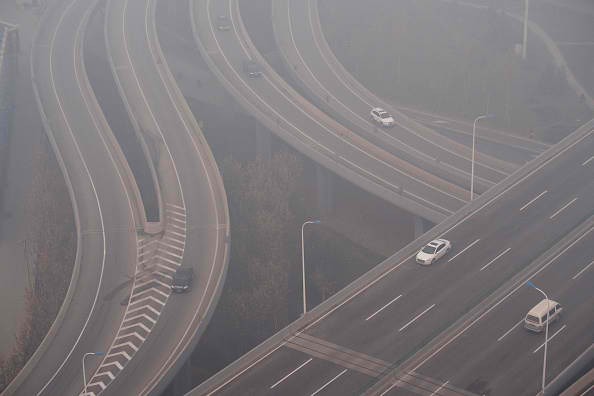The worsening problem of smog in Beijing will be addressed by the Chinese government by planting a "green necklace" around the city.
The pollution problem in China is considered to be the worst in the world. The government is investing billions of dollars in green development projects and have closed a thousand coal factories.
Hebei Province is planning to create a necklace of trees around the city in coordination with the Beijing government.
The trees will be planted along the Hebei-Beijing border and along rivers, wetlands and farmlands. The endeavor aims to preserve the bodies of water that get dry during the warm months.
Four ventilation corridors will also be built. These corridors will be 1,500 feet wide and will be running through the city.
Observers said that tree planting is not enough to fight smog. Previous grand tree planting schemes were implemented but did not stop the pollution problem.
Critics believe that the smog problem will only be addressed if steel and coal factories were closed.
Anders Hove, an associate director of research in the Beijing office of the Paulson Institute, posted a comment on Twitter that stated, "Cutting Hebei steel emissions would be both cheaper and faster. But widely perceived as too hard."
A worker in Beijing was arrested because he violated environmental regulations by running a boiler.
The police released a report which revealed that the man surnamed Zhao operated the boiler at a plant that emitted more than 10 times the amount of permitted sulfur dioxide.
China has been apprehending individuals who violate environmental laws. An expert fears that these arrests are dangerous and might be abused by the police.
Alex Wang, a law professor at the University of California in Los Angeles, said, "We need to know whether these detentions target the right people."
He added, "Are these examples of line-level workers being scapegoated for the decisions of their bosses? And in the end, are authorities using their detention powers in a way that actually improves environmental performance?"



























